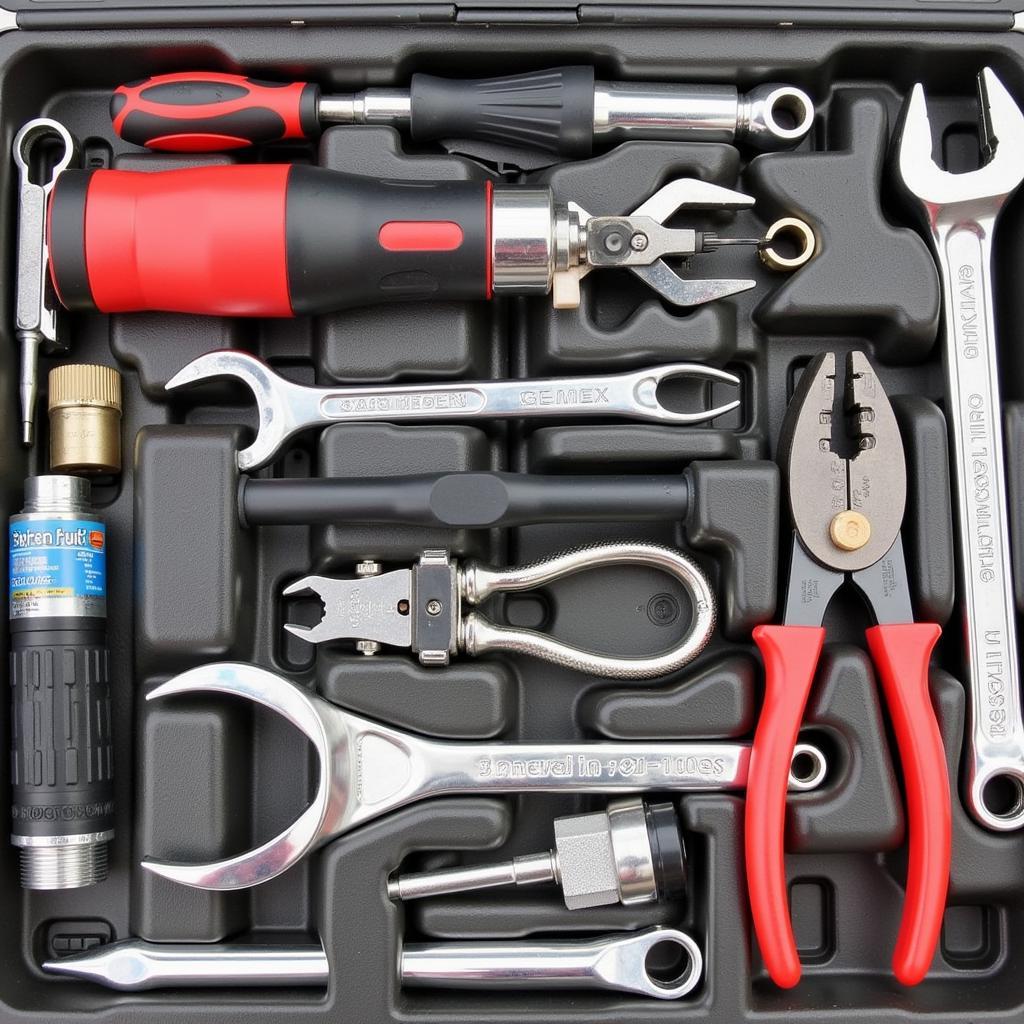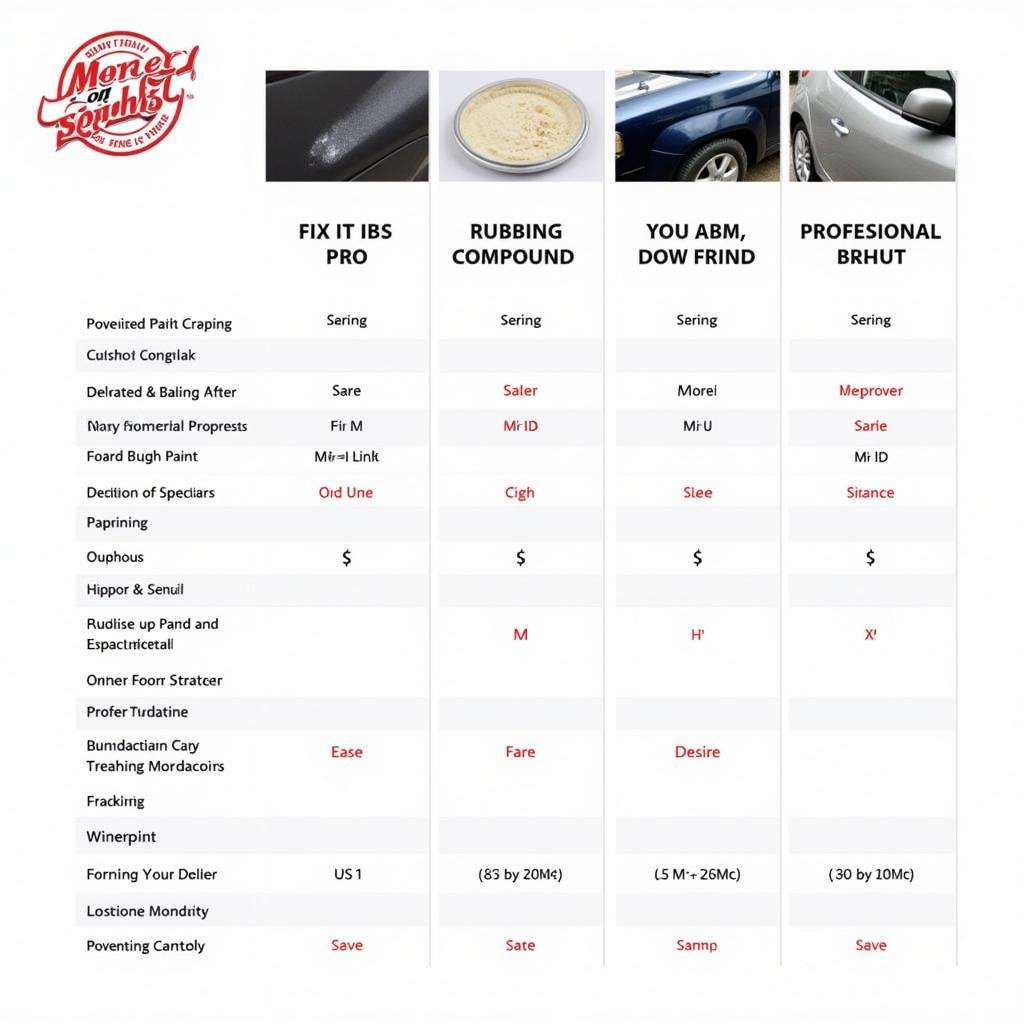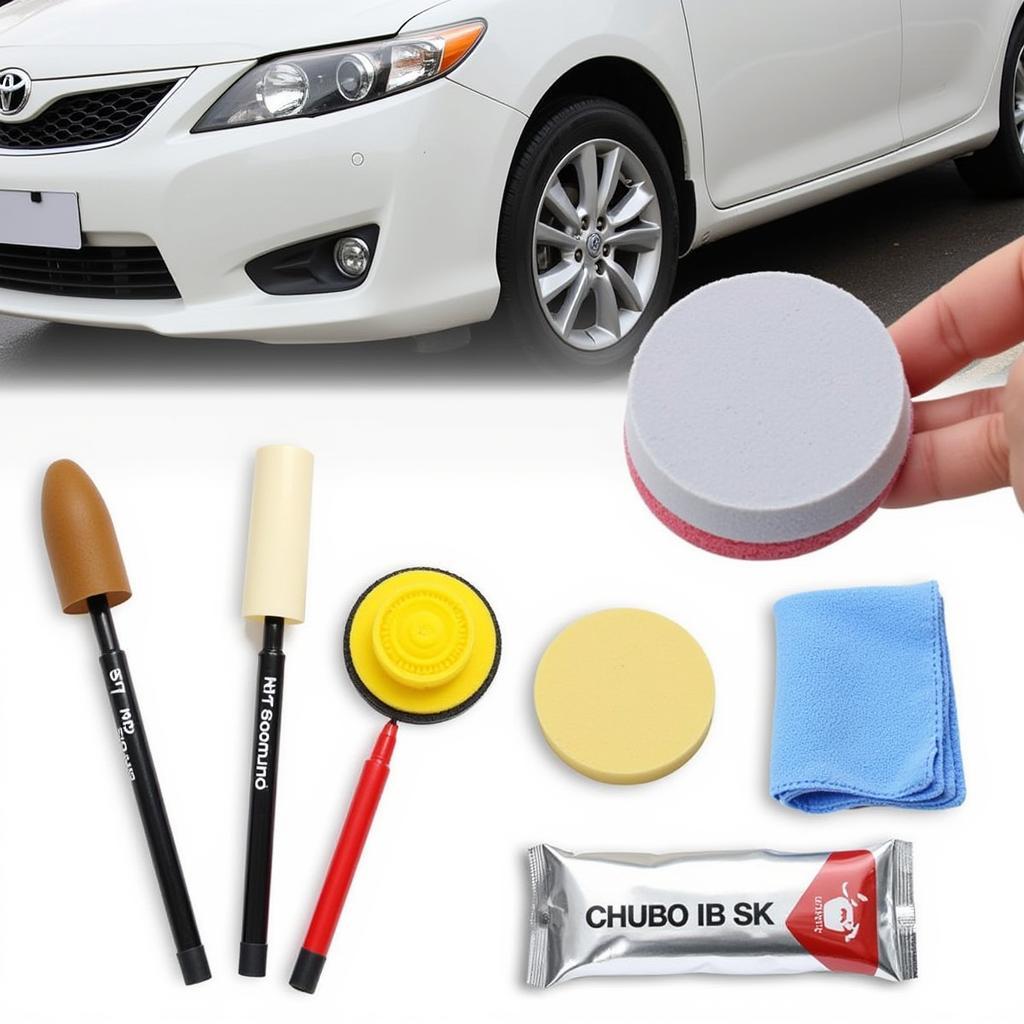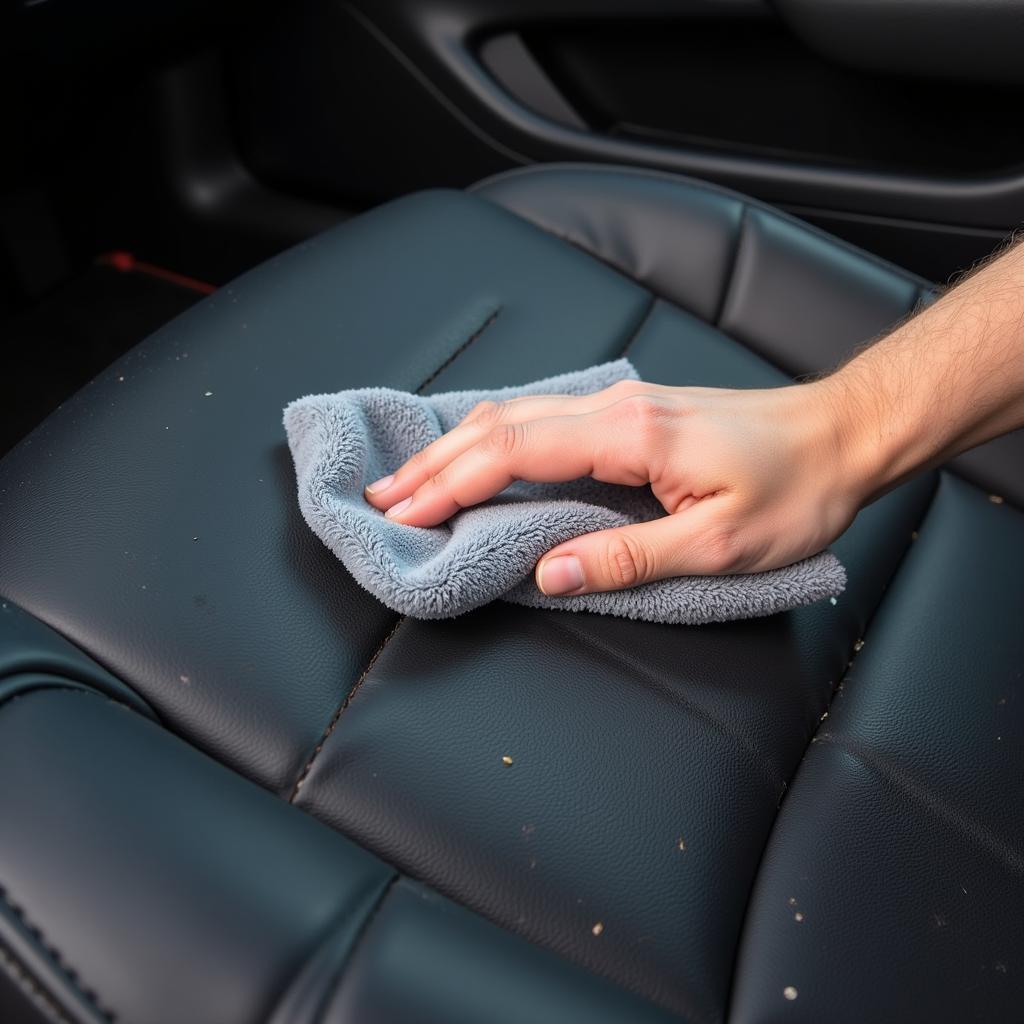Discovering a hole in your car’s gas line can be a stressful experience. Not only is it a safety hazard, but the cost to fix a hole in gas line car can also vary significantly depending on the severity, location of the damage, and your car’s make and model. This guide will help car owners, mechanics, and technicians understand the problem, diagnose it, and estimate the repair costs.
Understanding Your Car’s Fuel System
Before delving into the costs, it’s essential to understand the basics of your car’s fuel system. Fuel lines, typically made of steel or plastic, transport gasoline from the tank to the engine. Any damage to these lines, whether from rust, impact, or rodent damage, can lead to leaks, posing a fire hazard and environmental concern.
Do you have a rip in your car seat? Check out how to fix rip in cloth car seat.
Identifying a Hole in the Gas Line
A strong gasoline smell is usually the first sign of a fuel leak. You might also notice a puddle of liquid underneath your car, especially after it’s been parked for a while. Reduced fuel efficiency or difficulty starting your engine can also indicate a problem. If you suspect a leak, it’s crucial to address it immediately.
Pinpointing the Leak
Locating the exact source of the leak is crucial for accurate cost estimation. While a visual inspection can sometimes reveal the damage, pressure testing the fuel system is often necessary for pinholes or small cracks. This process involves pressurizing the lines to identify any escaping fuel.
Factors Affecting Repair Costs
The cost to fix a hole in gas line car can range from a relatively inexpensive DIY fix for minor leaks to a more substantial expense for complex repairs. Several factors contribute to this variation:
-
Location of the Damage: Repairing a line near the gas tank can be more labor-intensive and therefore more expensive than fixing a line closer to the engine.
-
Material of the Fuel Line: Steel lines generally cost more to replace than plastic ones.
-
Labor Costs: Labor rates vary depending on the mechanic and your location.
-
Severity of the Damage: A small pinhole can often be repaired with a sealant, while a large rupture requires replacing the entire line section.
If you have a tear in your leather car seat, you can learn how to fix torn leather seats in car.
 Tools for Fuel Line Repair
Tools for Fuel Line Repair
Estimated Repair Costs
-
Minor Repair (Sealant): $50 – $150 (DIY) or $100 – $250 (Professional)
-
Fuel Line Section Replacement: $200 – $500
-
Complete Fuel Line Replacement: $500 – $1500
Expert Insight: “A small leak might seem insignificant, but ignoring it can lead to more extensive and costly damage down the line. Addressing the issue promptly can save you money and ensure your safety.” – John Miller, ASE Certified Master Technician
DIY vs. Professional Repair
While minor repairs like sealing a pinhole can be a DIY project for experienced individuals, it’s essential to understand the risks involved. Working with gasoline requires careful handling and adherence to safety precautions. For significant leaks or if you’re uncomfortable working on your fuel system, it’s best to consult a qualified mechanic.
Expert Insight: “Safety should always be your top priority. If you’re unsure about any aspect of the repair, seek professional help. It’s better to be safe than sorry.” – Maria Sanchez, Automotive Engineer
Worried about a warped head on your car? Find out if it can you fix a warped head on car.
Conclusion
The cost to fix a hole in gas line car depends on several factors, including the severity and location of the damage. While DIY repairs are possible for minor leaks, seeking professional help is often the safest and most effective solution for more complex issues. Addressing a fuel leak promptly prevents further damage and ensures your safety on the road. For assistance with any car issues, connect with AutoTipPro at +1 (641) 206-8880 or visit our office at 500 N St Mary’s St, San Antonio, TX 78205, United States.
FAQ
-
Can I drive my car with a hole in the gas line? No, it’s extremely dangerous and could lead to a fire.
-
How often should I inspect my fuel lines? Regular inspections during routine maintenance are recommended.
-
What causes fuel lines to corrode? Exposure to road salt, moisture, and age are common causes.
-
Are there any preventive measures I can take? Regular undercarriage washes and rustproofing can help protect your fuel lines.
-
Can a fuel leak damage my engine? Yes, a severe leak can starve your engine of fuel, causing damage.
-
What if I smell gas inside my car? This could indicate a leak inside the cabin, which is highly dangerous. Evacuate the vehicle immediately and contact a professional.
-
Can I use a sealant on a large hole in the gas line? Sealants are typically only effective for small pinholes or cracks. A larger hole will likely require replacing a section of the fuel line.
Having trouble with antifreeze leaks? Learn how to fix antifreeze leaking under car passenger side and about fixing antifreese leak in car.







Leave a Reply